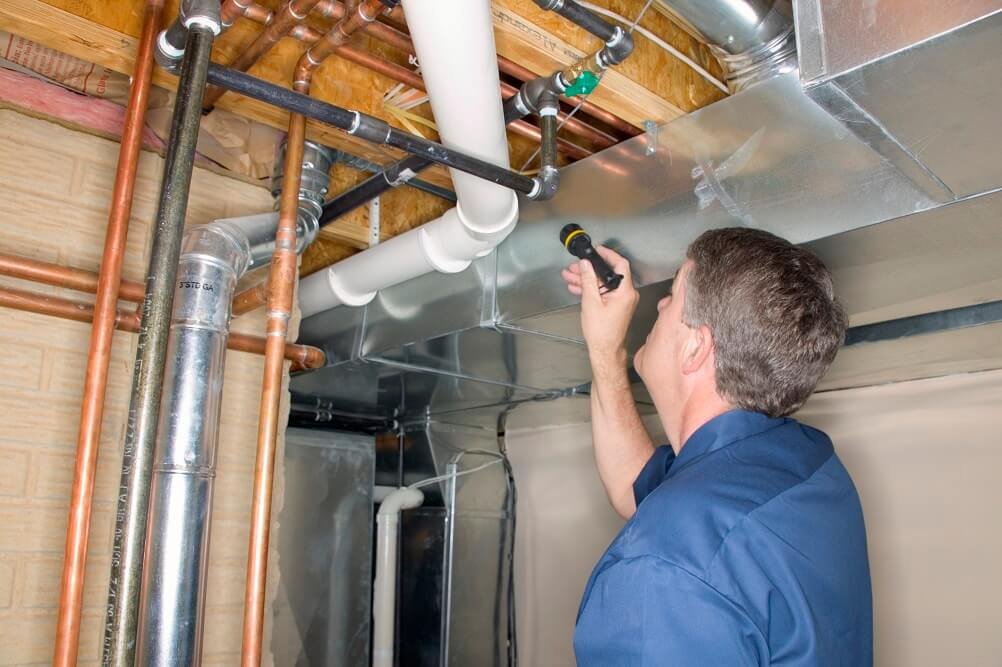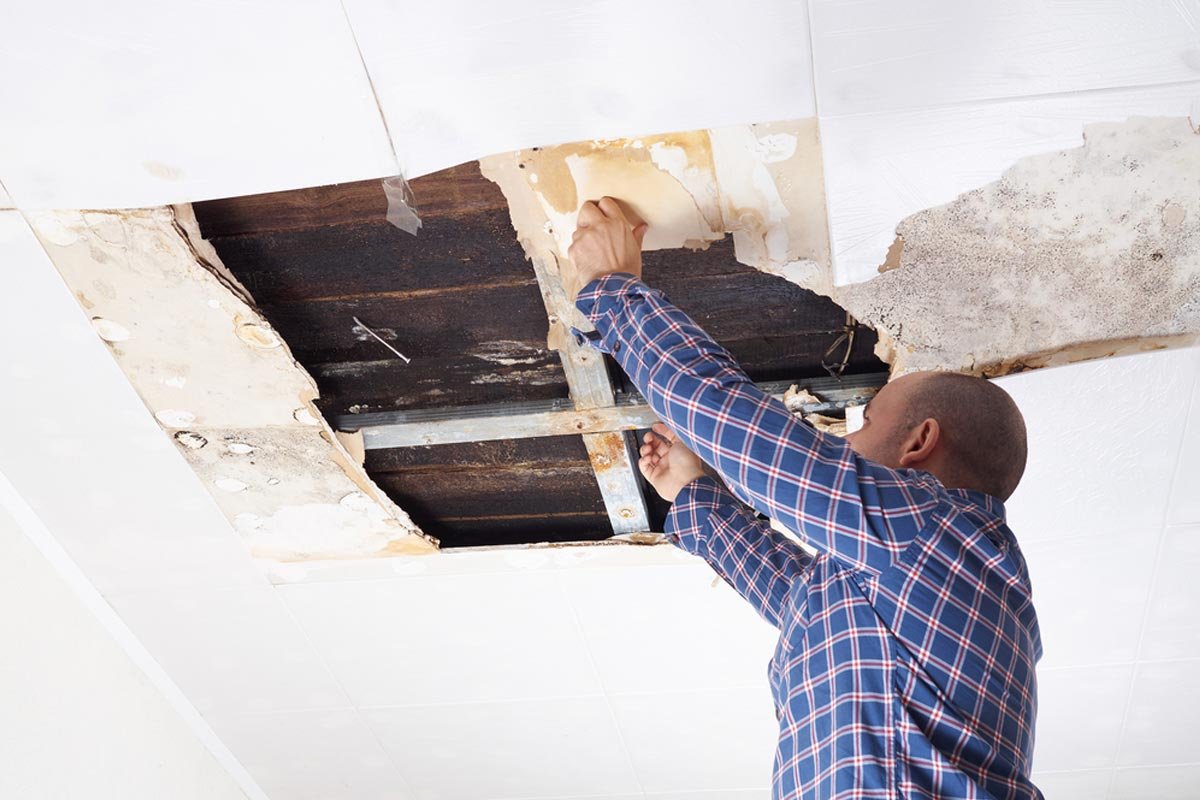The home inspection is an important process for any person who is looking to buy a home. It can be a daunting task, as it involves taking a close look at the condition of the property and uncovering any potential problems with the house. In this article, we will explain how a home inspection works and what you need to do to ensure that your inspection is effective and reliable.
Home Inspection Basics
Home inspection basics are a great starting point for individuals looking to purchase a new home. A home inspection provides an unbiased evaluation of the condition of the property and can help to identify any potential problems before you commit to buying it. Home inspections are conducted by qualified professionals who have experience in assessing the safety and structural soundness of homes.
In most cases, home inspections are requested by buyers as part of the purchase process. During an inspection, the inspector will examine all parts of the property, from its roofing system down to its foundation. The inspector will also check for evidence of pest infestation, moisture damage, electrical issues and other potential problem areas that could affect the overall condition or value of the home. After completing their assessment, they’ll provide a detailed report that outlines any needed repairs or maintenance concerns that should be addressed before closing on the sale.
Types of Home Inspections
Types of Home Inspections are essential for any homeowner to understand before purchasing a house. Knowing which type of home inspection you need can save time, money and headaches in the future. It is important to familiarize yourself with what each type of inspection entails so that you can make sure your investment is protected.
A general home inspection is one of the most common types of inspections and typically covers the structure, roofing, plumbing, heating and cooling systems, electrical wiring and insulation inside the house. It also covers functional aspects such as windows and doors, interior walls and ceilings, floors and stairs as well as appliances like washers/dryers or dishwashers. If any major issues are found during this initial inspection it may be necessary to hire a professional inspector to assess the problem further.
What to Expect from a Home Inspector
What to Expect from a Home Inspector: A home inspection is an important part of the home-buying process. During a home inspection, a qualified professional will thoroughly examine the interior and exterior of a property in order to assess its current condition and identify any potential problems. Knowing what to expect during the home inspection process is key for both buyers and sellers alike.
The inspector will evaluate areas such as plumbing, electrical, HVAC systems, structural integrity, insulation levels, and more. They will also check for evidence of pests or other damage that may have occurred over time. The inspector should be able to provide you with an accurate description of the overall condition of the property based on their findings.
Preparing for a Home Inspection
Preparing for a Home Inspection is an important step in the home-buying process. A professional home inspector will assess the condition of a property to identify any potential problems before you buy it. Before your inspection, there are several steps you can take to ensure that your inspection goes as smoothly as possible.
First, create a checklist of items that you want to be inspected and provide this list to your inspector prior to the scheduled appointment. It’s also important to make sure the house is accessible by clearing pathways, removing debris from attics and basements, and providing access to all areas of the house including crawl spaces and attic hatches. Additionally, provide access to any mechanical systems such as HVAC systems or water heaters so they can be checked properly.
Conclusion
A home inspection is an important step in the home-buying process. A professional home inspector can help you determine if a house is sound and safe before completing the purchase. After the inspection is done, it’s time to reach a conclusion and make your decision. Coming to a conclusion during the home-buying process is essential in helping you determine whether or not a house is right for you.
The most important factor to consider when making this decision is safety; will this house be structurally sound enough for you and your family? Other factors that should also be taken into account include potential maintenance costs, aesthetic features, location, etc. Knowing these details ahead of time can help provide clarity when deciding whether or not to purchase the property.




